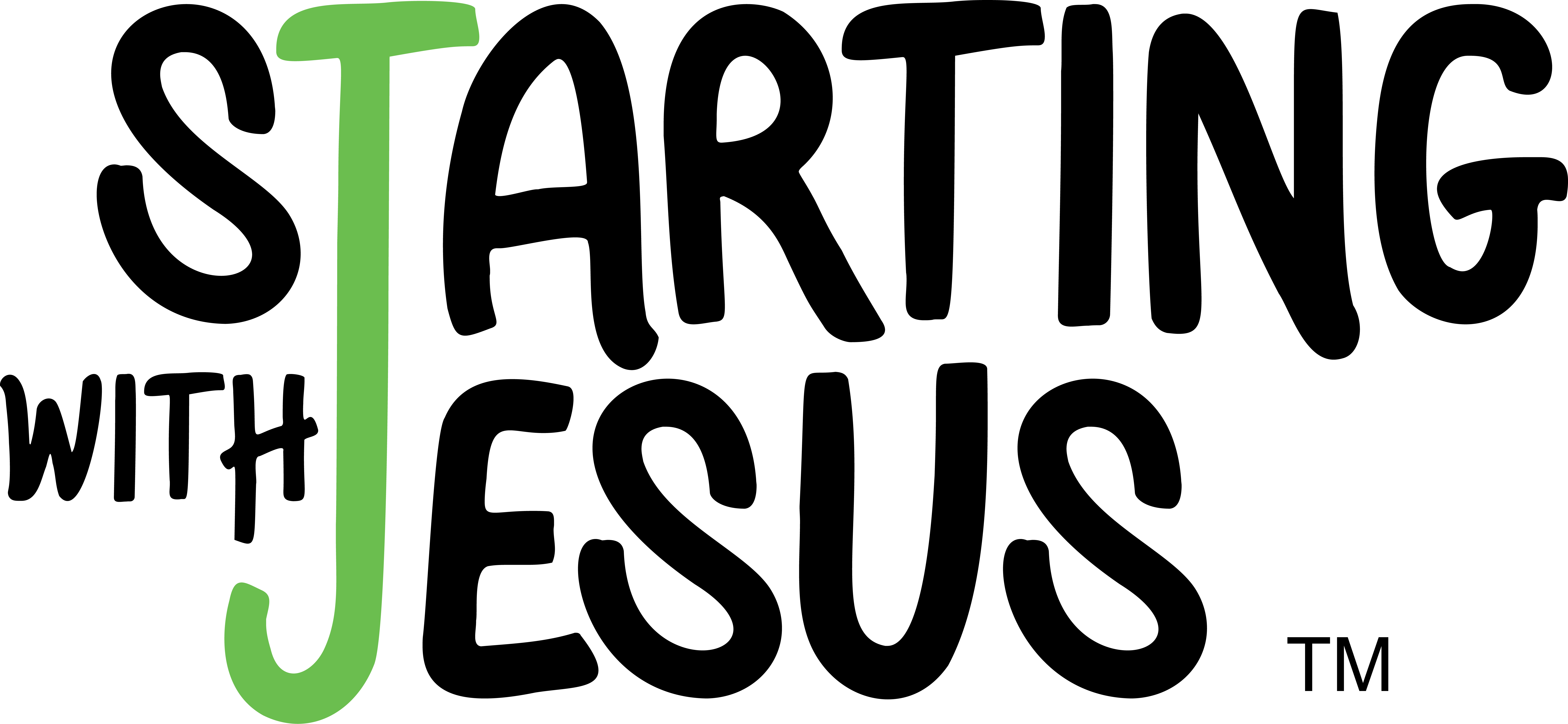

Lesson Forty Four
FAITHFUL RUTH
To receive this weekly devotional and other content for your spiritual renewal, subscribe to our new Renew Newsletter.
Memory Verse: Ruth 1:16
Further Study: Ruth 1-4; The Bible Story, vol. 3, pp. 137-142
Recently my daughter shared a picture of her husband’s grandparents surrounded by their 13 great-grandchildren, while holding up a onesie with the name of great-grandchild number 14 to be born in about a month. Thirteen plus great-grandchildren! What a blessing! But it reminded me of some who either have yet to become a grandparent or who have grandchildren, and because of life’s circumstances, cannot see them or cannot have a meaningful relationship with them.
The book of Ruth speaks to both generations—to those who would be grandmothers, but also to women who suffer from infertility.
Allow me to venture off my usual purpose of writing to young parents, to concentrate for a few moments on more mature women. It is appropriate because the book of Ruth speaks to both generations—to those who would be grandmothers, but also towomen who suffer from infertility. That may come as a surprise to you as it did to me.
As I restudied this story, I caught something I had not seen before. Ruth 1:4 says that Mahlon and Kilion, Naomi’s sons, married Moabite women—Orpah and Ruth. The story reveals that 10 years later both sons died. Here’s what I’d not seen before—Naomi, who had already lost her husband, now lost two sons. But she also lost potential grandchildren. Interestingly, these two young women, married for 10 years, had failed to produce any children. Naomi’s grief is threefold—her spouse, her sons, and their potential children.
Naomi’s grief is threefold—her spouse, her sons, and their potential children.
I sympathize with this more because I’m a grandmother. Young women often long to become mothers. When older, the feeling transforms into the desire to become a grandmother. I’m blessed by the two boys that call me Grammie, but I have friends that don’t yet have that privilege. More and more today, adult children are making choices that result in no grandchildren. While many women may not admit it, it’s a loss they grieve.
We should pause to also recognize infertility. It would appear that Ruth suffered from this. Perhaps she, too, longed for a child but was never able to conceive. As Naomi lost her son, and Ruth her husband, both grieve for what could have been.
God is mentioned twice in Ruth. In both, He offered aid—first He supplied grain for Bethlehem (Ruth 1:6) and at the end of the book enabled Ruth to become pregnant (4:13). Her infertility is relieved; she conceived and bore a son. And Naomi received her grandson, although they were not directly related.
I can see at least two lessons: First, God has a plan. Even in disappointment, there is a God who comforts and provides. The timing may not be ours, but the timing is always right.
The timing may not be ours, but the timing is always right.
Second, babies don’t have to come from within your own family. Children need to be raised for the Lord no matter if they are related or not. If you deeply desire grandchildren and there doesn’t seem to be one forthcoming, find a mother who will appreciate your help: volunteer in the beginner’s Sabbath School or sit next to young parents in church prepared to entertain. And be patient. God has a plan for you and for your children. Allow Him to provide in His time and be content. Remember, relying on God for all that He can provide is how we are renewed.
Digging Deeper
To gain full meaning of the book of Ruth requires understanding a biblical concept that doesn’t translate well from Hebrew to English. The word hesed (pronounced hes-ed) is found about 250 times in the Old Testament—three times in Ruth. When translated into another language, the word carries so much meaning, it can be translated into many different words. So, one may read the same Hebrew word as mercy, compassion, love, loving-kindness, grace, or faithfulness.
Hesed is used to describe relationships both between God and mankind or between humans. It isn’t just one being kind to another, but it’s used to describe when a person recognizes and acts to relieve an essential need of another. It is usually between a more powerful person toward a weaker person. Hesed is also voluntary; it’s not mandatory or required.
Hesed is obviously then a characteristic of God. He (the more powerful) died for us (the weaker) so that we might have life (action) and He did it voluntarily. God grants us hesed.
An example of human hesed from the Bible is the relationship between Jonathan and David.
Making it Real
Extend the Digging Deeper further by reading the book of Ruth carefully. If you can, read it this week as part of your individual or family worship—one chapter a day. As you do, identify where hesed is found in the book, whether explicit or implied. It may be divine-to-human (meaning God to an individual or group) or human-to-human, something that occurs between two people.
To get started, one example is found in the devotional above. An implied use of hesed is when God granted Ruth the ability to conceive and bear a child.
There are three places where the actual word is used: Ruth 1:8, 2:20, 3:10. When you get to those verses what is the hesed that is present? Is it divine-human or human-human?
Respond & Share
Have you ever offered hesed to someone else? In what way? How does God offer you hesed? Share with us in the comments below!
_________
Merle Poirier writes from Silver Spring, Maryland, where she works as the operation manager for Adventist Review and Adventist World magazines as well as the designer for KidsView, a magazine for 8-12-year-olds. She enjoys spending time with her family including being the grandmother of two active little boys, who greatly enjoy Starting With Jesus.

PREVIOUS LESSONS

